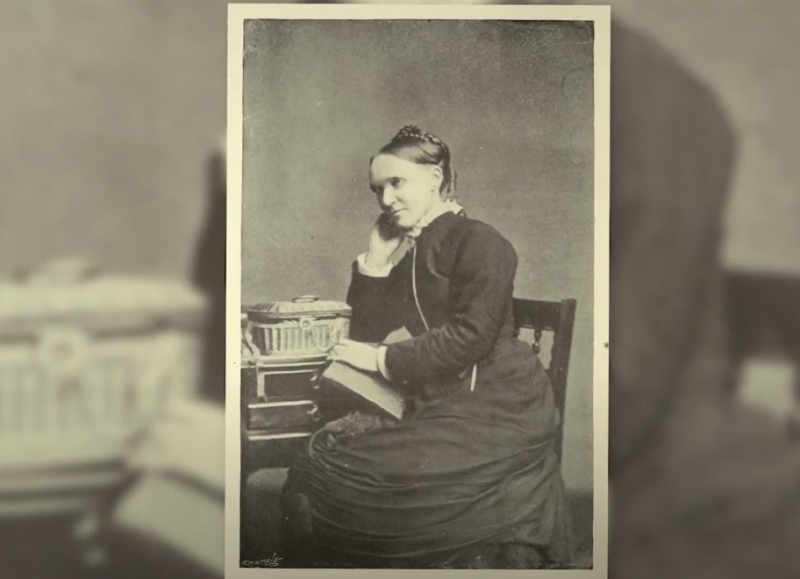2020 Wilderness Survival Guide
Sign up for a six month free
trial of The Stand Magazine!
Have you ever watched one of those wilderness survival shows on TV?
They usually constitute a couple of individuals being taken to some brutal and remote area of the planet, equipped with cameras or camera crews, and charged with surviving by themselves for an extended period of time.
Some call it laughably fake, labeling this “survival” attempt as staged reality television. Others find the tips and tricks displayed by these explorers turned TV stars extremely interesting.
Whichever side you fall on, there is one truth that is gloriously obvious: For most of us, we do not share this love of a wilderness experience with the people on these shows.
Starting a fire with a couple of sticks each night, meticulously draining a few drops of water from plant roots, or setting squirrel traps for dinner is not exactly our ideal summer 2021 vacation plan.
In some way or another, for many of us, this year has been exactly that: a wilderness experience.
The trials and obstacles hurdled in 2020 have been unprecedented and have found many Americans unprepared.
Stress, uncertainty, anxiety, job loss, sickness, and death have all been products of the COVID-19 pandemic.
The question I’ve heard repeated is, “Where has God been in all of this? Is He not in control?”
We don’t like what we’ve been going through, so we quickly assume that God has left or failed us. But this is not the case, and here’s why:
Time and time again in the Bible, God does amazing work through the wilderness. One of the reasons we don’t recognize these seasons within the big-name Bible stories is we don’t recognize the “wilderness” for what it is.
It wasn’t always a literal wilderness. Sometimes it was a season of imprisonment. Other times it was a stint of rejection or ridicule that didn’t seem to end.
We tend to graze over these parts of the story when reading, wanting to quickly arrive at the triumphant finale. But if you look closely, these seasons of drought and uncertainty are actually a common thread running throughout Bible stories.
Take Noah for example. He is famous for building the ark and saving humanity from the worldwide flood found in Genesis.
But did you know that Noah worked on the ark for decades before actually sailing it with his family?
Read about David in the book of 1 Samuel. He was the youngest son in his family and was given the lowly job of shepherd boy. Then, when David was still young, he was suddenly anointed as the next king of Israel.
What a glorious promotion. Upon this prestigious appointment, David must have thrown off his dirty shepherd cloak, dawned a golden crown, and rode into the palace to assume control, right?
Wrong. After David was anointed, he went back to tending sheep. Until a later date, when David would become more involved with the Israelite army, David still had a responsibility as a shepherd out in the fields and desert. And still yet, before becoming king, he would be forced to run for his life, living in caves to avoid capture.
Hundreds of years earlier, the story of another famous Bible character portrays the same principle. Moses is known for leading God’s people out of Egypt. He was raised in Egyptian royalty, but after realizing his true heritage as a Hebrew, fled from Egypt, eventually returning to lead his people out of captivity.
However, in between his exit and return, Moses spent 40 years out in the desert as a shepherd for his father-in-law.
And of course, the story of the most central and important figure in the Bible, Jesus Christ, contains this very same attribute.
After ministering for three years, teaching the people and training His disciples, Jesus saved all of humanity from our sins, dying on a cross, and then coming back to life, ascending into heaven.
However, Jesus’ ministry begins in a peculiar way. He’s baptized in the Jordan River by John the Baptist, and then immediately journeys alone into the wilderness, for 40 days without food, where the Devil tempts Him.
The ministry of Jesus doesn’t officially begin until after this wilderness experience.
We shouldn’t be surprised when we also experience seasons like these in our lives - times when we’re uncertain, without resources, or holding positions significantly lower than our aspirations. God has not left or failed us. During these periods, God is still working. He is still moving, still speaking, still in control.
The choices you make while facing hardship will likely have a strong impact on what your life looks like after the hardship has faded.
For Noah, the toil and preparation he put in for several decades were absolutely necessary to prepare him and his family for the approaching flood.
David’s moment of victory in killing the giant with his sling was preceded by years of learning how to kill lions and bears the same way while protecting his flock of sheep.
Moses’ 40 years in the desert turned out to be the perfect time for God to deliver His instructions for the future of His people. Moses had to be receptive and obedient to God’s calling, not when he was in power, but when he was alone.
Before calling a single disciple or preaching a single sermon, Jesus walked through the wilderness, his faith being tested by the Devil, which brought about a powerful testimony of using God’s Word as a rebuttal against Satan’s schemes.
The wilderness contains a unique usefulness, but we often fail to see it that way.
We get impatient. We want the obstacle to appear, and the solution to appear right behind it. We want the answer to the virus the same day panic starts to rise.
This mindset hints at a common human fallacy when reading God’s Word.
“One of the great mistakes that we make,” says Pastor Rich Wilkerson Jr., “is that we think the Bible occurs in the same speed that it takes for us to read it.”
People like Moses and David had to wait on the Lord, sometimes many years, and still remain faithful and active during their time in the wilderness.
How have you spent the last seven months?
The underlying challenge from these stories is to stay faithful right where you are, doing exactly what God has planted you there to do.
There is always an ark, a giant, an Exodus, or some other reason God has led you to where you are. Don’t give it up. Persist through the hardship, and have faith that God is working all things, even pandemic circumstances, together for your good, and for His glory.

Sign up for a free six-month trial of
The Stand Magazine!
Sign up for free to receive notable blogs delivered to your email weekly.


















